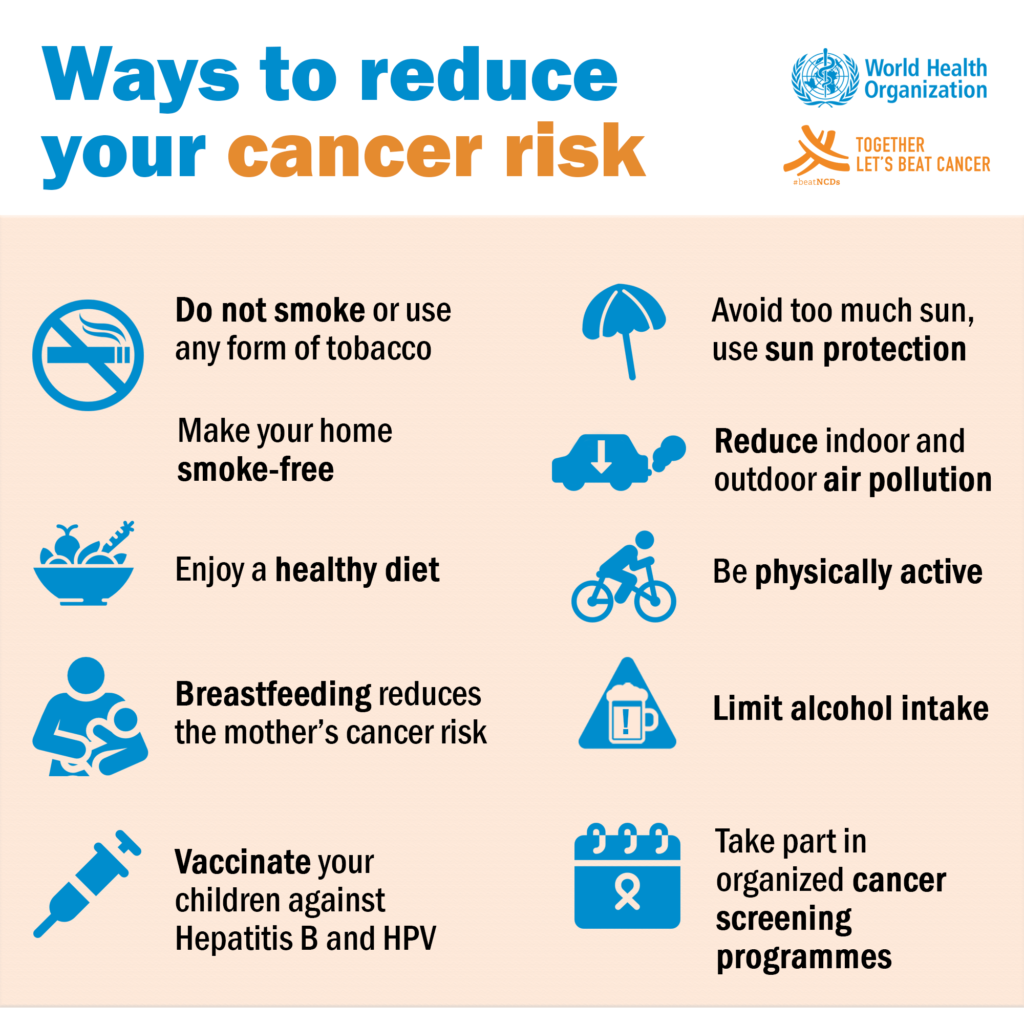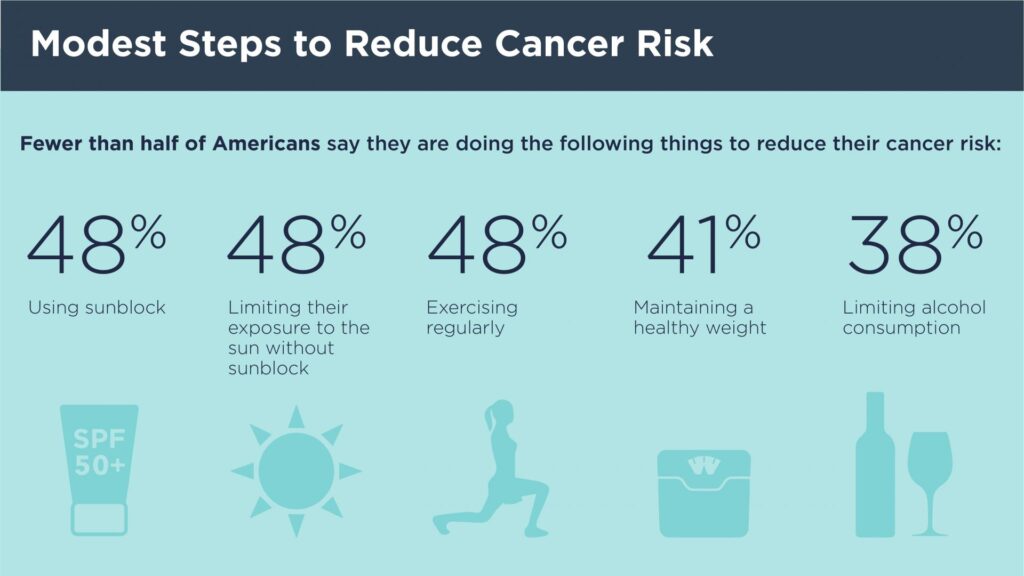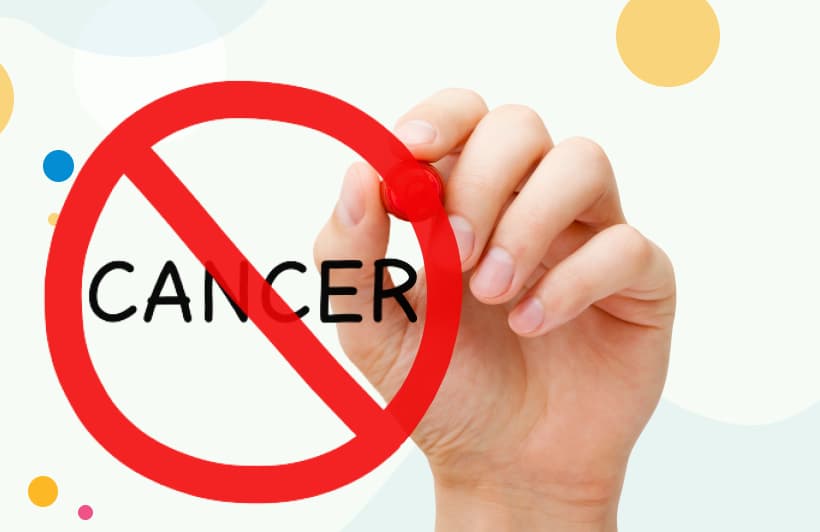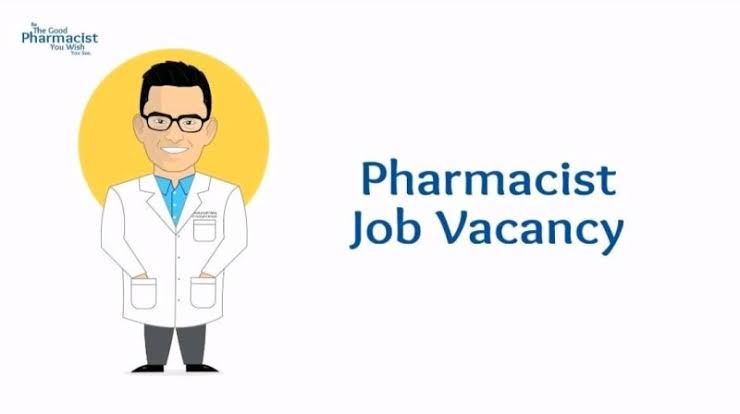Cancer is not a disease. It is a category of disease. They have one thing in common; They all happen when normal cells become cancerous cells that multiply and spread. Cancer is the second most common cause of death in the U.S. Globally 11-12 million deaths per year are caused by Cancer. 1 in 4 people will have cancer in their lifetime and 1 in 6 people will die from cancer.
Early detection and innovative treatments are curing cancer and helping people with cancer live longer. At the same time, medical researchers are identifying independent risk factors linked to developing cancer to help prevent people from developing cancer.
Early diagnosis is important, but can you go on better? Can you reduce your risk of getting cancer in the first place? It sounds too good to be true, but it’s not true. Scientists at the Harvard School of Public Health estimate that up to 75% of American cancer deaths can be prevented. The 10 commandments of cancer prevention are:
There’s a lot you can do to reduce your risk of cancer-starting with living a healthy, active lifestyle. Making healthy choices can be easy, affordable and quick. You can take small but important steps to stay on the path of great health no matter what age you’re.
There can be two types of mutations; Germline mutations and Somatic mutations. Germline mutations happens with Germline cells that are inherited to us by our parents. We can do nothing about them and it causes less than 5% of cancers.
Somatic mutations occur by environmental factors and the two cleared drivers for somatic mutations are; Smoking and Obesity. Obesity is the second most prevalent environmental driver of cancer. The major factors associated with obesity are insulin Resistance and Inflammation. The ideal weight for a person is “Your waistline should be 50% of your height.”

- Avoid tobacco; in all its forms, including exposure to second hand smoke. You don’t have to be an international scientist to understand how you can try to protect yourself and your family.
- Eat properly; Reduce your consumption of saturated fat and red meat, which may increase the risk of colon cancer and a more aggressive form of prostate cancer. Increase your consumption of fruits, vegetables, and whole grains.
- Exercise regularly; physical activity has been linked to a reduced risk of colon cancer. Exercise also appears to reduce woman’s risk of breast cancer and possibly reproductive cancers. Exercise will help protect you even if you don’t lose weight.
- Stay lean; Obesity increases the risk of many forms of cancer. Calorie’s count; if you need to slim down, take in few calories and burn more with exercise.
- Alcohol; excess alcohol increases the risk of cancers of the mouth, larynx, esophagus, liver, and colon. It increases a woman’s risk of breast cancer. Smoking further increases the risk of many alcohol-induced malignancies. If you choose to drink, limit yourself to an average of one drink a day.
- Avoid unnecessary exposure to radiation; Get medical imaging studies only when you need them. Check your home for residential radon, which increases the risk of lung cancer. Protect yourself from ultraviolet radiation in sunlight, which increases the risk of melanomas and other skin cancers. But don’t worry about electromagnetic radiation from high-voltage power lines or radiofrequency radiation from microwaves and cell phones. They don’t cause cancer.
- Avoid exposure to industrial and environmental toxins; such as asbestos fibers, benzene, aromatic amines, and polychlorinated biphenyls.
- Avoid infections that contribute to cancer; including hepatitis viruses, HIV, and the human papillomavirus. Many are transmitted sexually or through contaminated needles.
- Make quality sleep a priority; Admittedly, the evidence linking sleep to cancer is not strong. But poor and insufficient sleep increase is associated with weight gain, which is a cancer risk factor.
- Get enough Vitamin D; Many experts now recommend 800 to 1,000 IU a day, a goal that’s nearly impossible to attain without taking a supplement. Although protection is far from proven, evidence suggests that Vitamin D may help reduce the risk of prostate cancer, colon cancer, and other malignancies. But don’t count on other supplements.

Screening tests can help detect malignancies in their earliest stages, but you should always be alert for symptoms of the disease. The American Cancer Society developed this simple reminder years ago;
- C: Change in bowel or bladder habits
- A: A sore that doesn’t heal
- U: Unusual bleeding or discharge
- T: Thickening or lump in the breast or elsewhere
- I: Indigestion or difficulty in swallowing
- O: Obvious change in a wart or mole
- N: Nagging cough or hoarseness
It’s a rough guide at best. The vast majority of such symptoms are caused by non-malignant disorders, and cancers can produce symptoms that don’t show up on the list, such as unexplained weight loss or fatigue. But it is a useful reminder to listen to your body and report sounds of distress to your doctor.



Thanks for sharing. I read many of your blog posts, cool, your blog is very good.
I don’t think the title of your article matches the content lol. Just kidding, mainly because I had some doubts after reading the article.
I don’t think the title of your article matches the content lol. Just kidding, mainly because I had some doubts after reading the article.
Thanks for sharing. I read many of your blog posts, cool, your blog is very good.